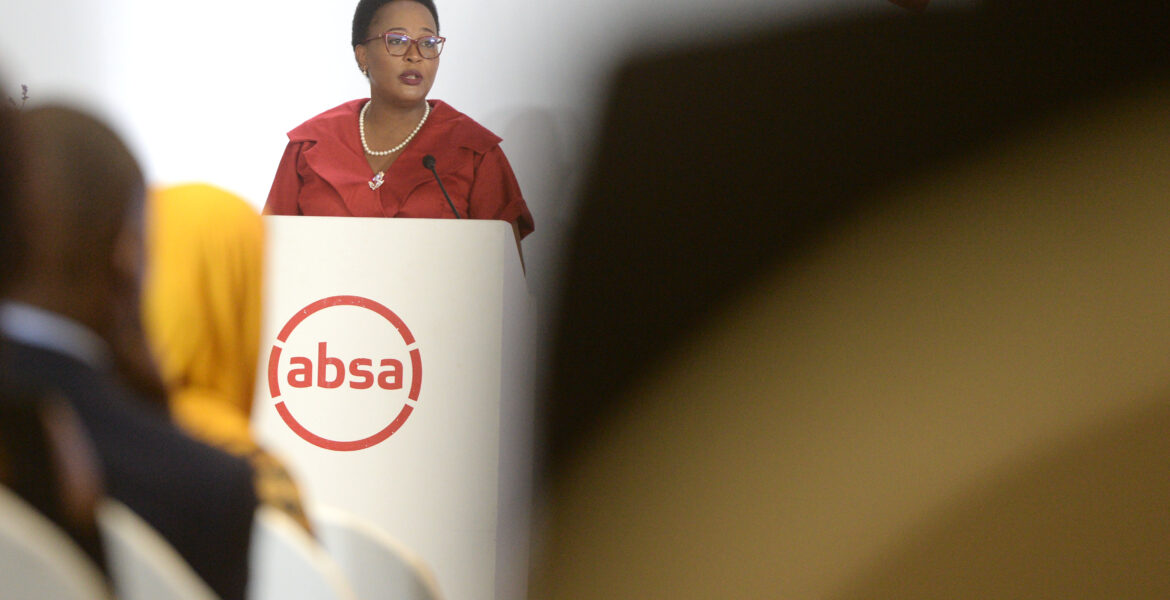Says Absa supports SMMEs and agriculture as crucial bases of Botswana’s sustainable growth
GAZETTE REPORTER
Botswana’s overarching development challenge is slow economic transformation with limited economic diversification that is negatively impacting progress towards the country achieving high-income status by 2036, the Managing Director of Absa Bank Botswana, Keabetswe Pheko-Moshagane, has said.
She was speaking at this year’s Absa Economic Forum in Gaborone recently. The annual event brought government officials, business executives and thought leaders under one roof to share perspectives on the state of the economy and the business landscape. This year’s event was held under the theme “Accelerating Transformative Investments in Botswana.”
Pheko-Mogashane said it is imperative for Botswana to attract quality and sustainable private sector investment if the country should reach its envisaged growth target. “The Government of Botswana has made notable strides in its efforts to increase the country’s investment appeal locally and beyond the domestic market,” she noted.
“Botswana has developed an Economic Recovery and Transformation Plan (ERTP) to support the restoration of economic activity and incomes, facilitate economic growth, accelerate economic transformation and build the resilience of the economy.”
Pheko-Moshagane said Absa has aligned its strategy to support the government’s diversification agenda and continues to support SMMEs and the agriculture sector as crucial bases of Botswana’s transformation and sustainable growth. “We face a great challenge before us, and we all have a role to play,” she said. “Accelerating transformative investment in Botswana requires strong partnerships and collaborations between the Government and the private sector.”
Speaking at the same event, the Minister of Entrepreneurship, Karabo Gare, said instruments that seek to promote effective participation of targeted citizens in the economic growth and development of the country like the Economic Inclusion Bill will significantly contribute to the growth of the government’s partnership with the private sector.
“This forum could not have come at a better time than this one as it allows us, both the private sector and the government, to introspect and come up with ways of enabling Batswana to invest in competitive businesses,” Minister Gare said.
He noted that the government is continuing to make notable strides in providing a conducive investment climate through sound macro-economic policies, legal and regulatory frameworks, and strong economic and political institutions that promote Botswana as a safe and desirable investment destination.

